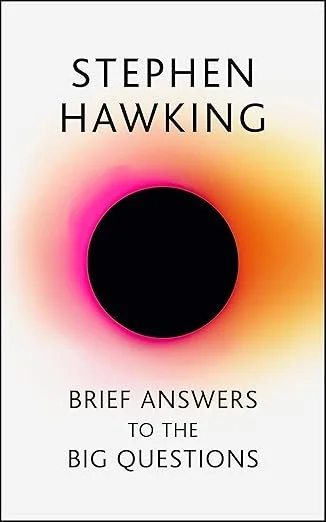Brief Answers to The Big Questions
Listening to Brief Answers to the Big Questions by Stephen Hawking, I couldn’t help but think that as a society we’re doing ourselves a disservice by failing to inspire more young people to pursue the sciences. The evening before I started the book, I found myself explaining to my stepdaughter the basics of the Big Bang, the expansion of the universe, and the concept of time travel through wormholes. The conversation held her attention far more than a lot of her recent schoolwork has, which probably says a lot about how the general curriculum stimulates curiosity.
I understand that schools have to teach within a defined curriculum and prepare students for standardised tests (I’ll leave aside my broader thoughts on the education system for now) but surely, we’re missing something if we don’t encourage children to explore how exciting learning can be. Inspiring curiosity should be as fundamental as measuring comprehension.
Even if you don’t have a particular interest in cosmology or physics, there’s still a lot to take from this book. It’s made up of Hawking’s transcribed responses to some of life’s biggest questions. Is there a God? Will AI outsmart us? Should we colonise space? His answers are clear, thought-provoking, and surprisingly accessible, sprinkled with the wit and humility that made him so widely respected.
As I listened, I couldn’t help but wish Hawking were still alive to comment on the remarkable scientific and technological leaps we’ve seen in just the few years since his passing. His curiosity and optimism for human potential felt like something we could use more of today.
Who’s it for?
I’d recommend this to anyone with even a passing curiosity about the universe, our place within it, or the challenges that lie ahead. You’ll come away not only having learned something, but with a renewed sense of wonder for the world around you. It’s also a fantastic starting point for sparking scientific curiosity in younger readers. This is the kind of book that can open the door to a lifelong fascination with discovery.

